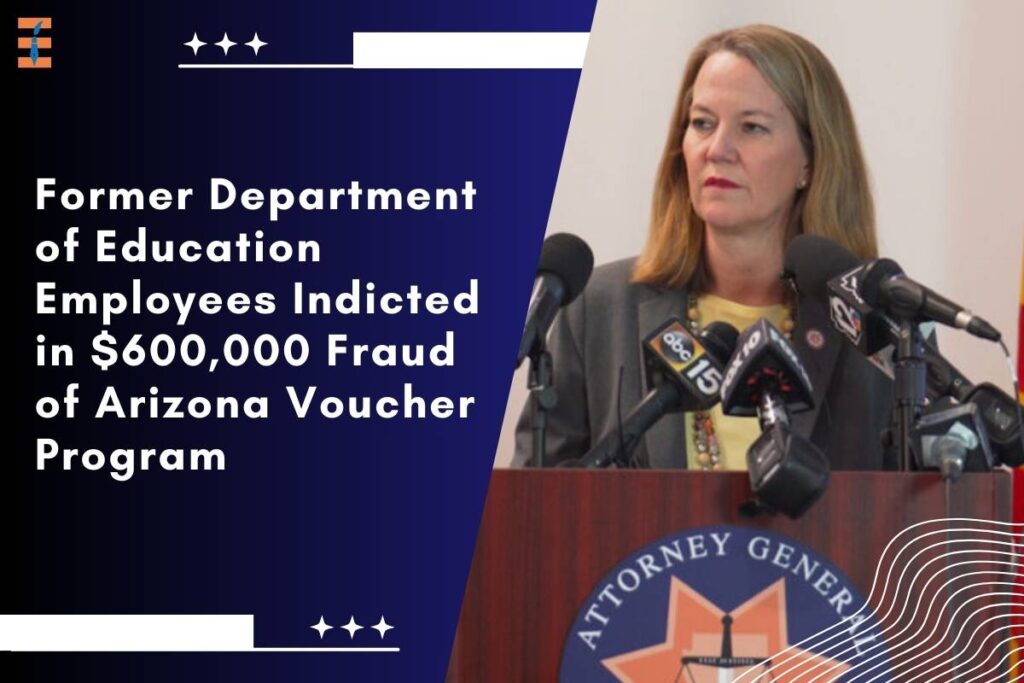Source- The 74
In a shocking revelation, three former employees of the Arizona Department of Education are facing charges of conspiracy and money laundering, accused of orchestrating a scheme to defraud over $600,000 from an education voucher program. The individuals at the center of the controversy, Delores Lashay Sweet, Dorrian Lamarr Jones, and Jennifer Lopez, were indicted after allegedly approving applications for 17 students, five of whom prosecutors claim were fictitious, utilizing forged birth certificates and fabricated special education evaluations.
Prosecutors argue that the accused employees exploited the lax regulation within the voucher program, drawing attention to its soaring costs and insufficient oversight by the state. The alleged fraud involved creating non-existent students with false documents, paving the way for the misappropriation of funds for personal gains.
Luxury Purchases and Family Involvement
The accused, who was dismissed from the Department of Education last year, purportedly diverted the fraudulently obtained funds for personal luxuries. Notably, the charges extend to two adult children of Delores Lashay Sweet, Jadakah Celeste Johnson, and Raymond Lamont Johnson Jr., who also face conspiracy and money laundering charges in connection with the illicit scheme.
Arizona Attorney General Kris Mayes underscored the severity of the accusations, stating, “They created ghost students with forged birth certificates – children that didn’t exist – and gave them fake disability diagnoses that would make them eligible for larger funding amounts.” However, as of now, no legal representation for the accused has been identified.
3 Indicted For Fraud of Arizona Voucher Program
Calls for Legislative Action Amidst Program Criticism
The case has ignited a debate over the vulnerability of the education voucher program to fraudulent activities. Attorney General Mayes contends that the ease with which such fraud occurred underscores the need for legislative measures to safeguard the integrity of the voucher program. On the other hand, Senator John Kavanagh, a supporter of the vouchers, argues that the issue lies not with the program itself but with the individuals perpetrating the fraud.
The voucher program, initially designed for disabled children in 2011, has faced criticism due to its exponential growth and escalating costs. Originally estimated at $64 million for the current fiscal year, budget analysts now project it could surpass $900 million. The program allows parents to utilize public funds for private school tuition, and despite concerns about its financial implications, proponents argue that it empowers parents in choosing the best educational options for their children.
In the wake of the scandal, Superintendent of Public Instruction Tom Horne affirmed the department’s commitment to addressing fraud and abuse. However, the case has exposed potential flaws in the oversight of the voucher program, prompting calls for comprehensive legislative scrutiny to mitigate the risk of future fraudulent activities.
Also Read: U.S. Department of Education Boosts Support for College Financial Aid

